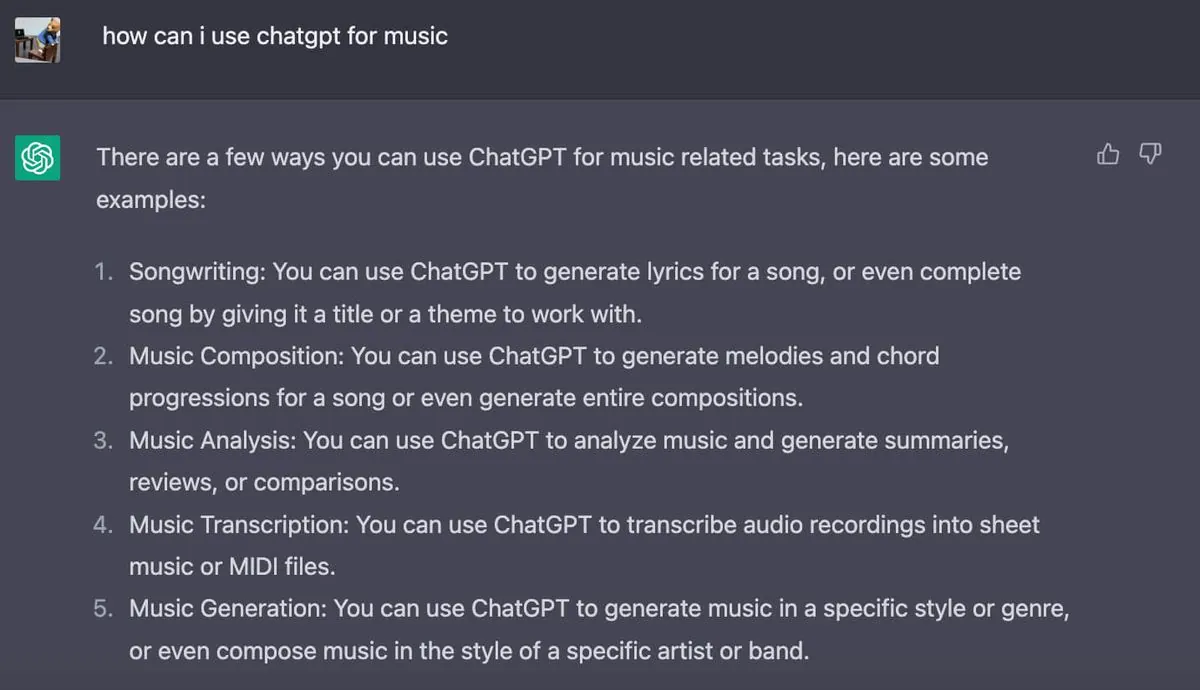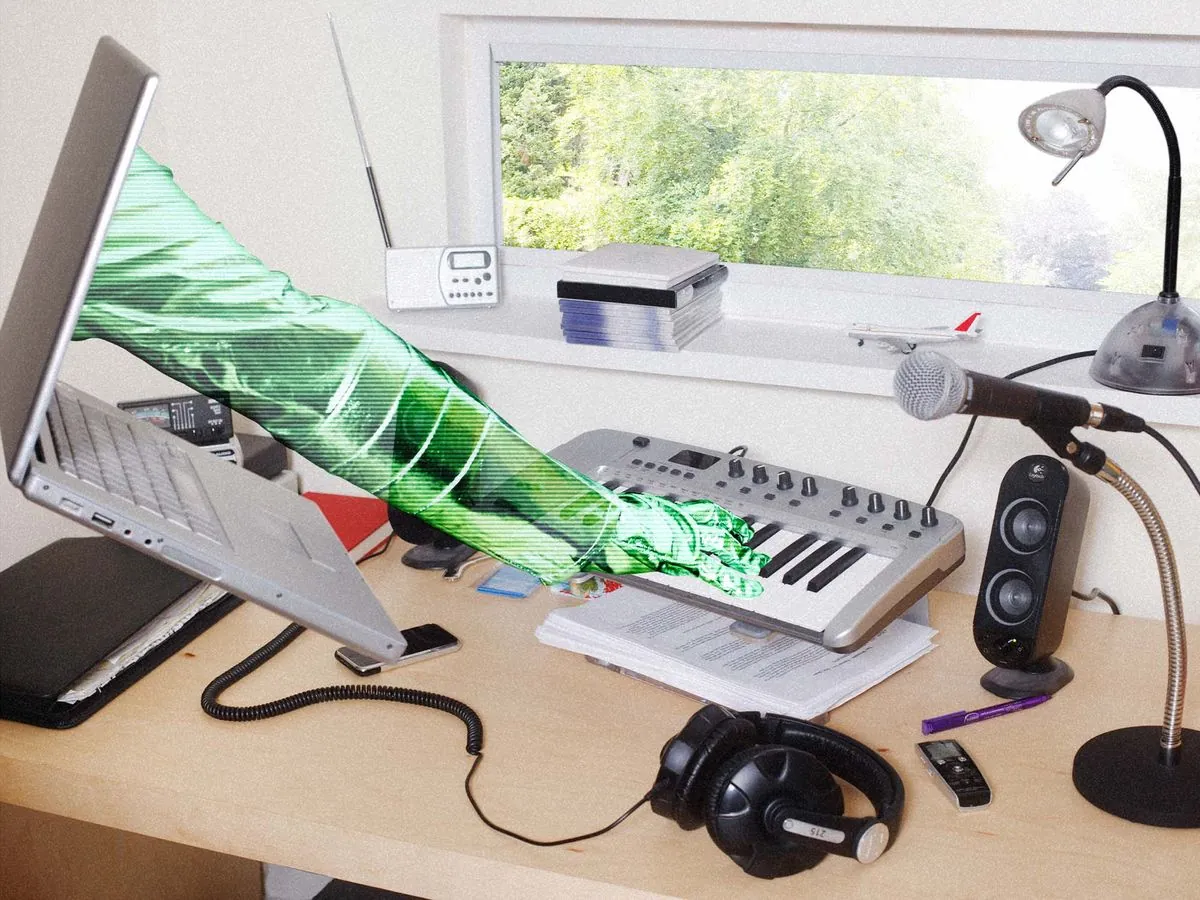Anthropic Seeks Partial Dismissal in AI Lyrics Copyright Case
Anthropic moves to dismiss secondary claims in a lawsuit by music publishers over AI use of song lyrics. The core issue of copyright infringement in AI training remains unaddressed.

On August 16, 2024, Anthropic, an artificial intelligence company, filed a motion in a California federal court to dismiss certain copyright claims brought by a group of music publishers. The lawsuit, initiated in October 2023, concerns the alleged misuse of song lyrics to train Anthropic's AI chatbot, Claude.
Anthropic, founded in 2021 by former OpenAI researchers, is seeking to eliminate what it terms "ancillary claims" from the lawsuit. These include allegations that the company induced Claude users to infringe copyrights or committed other copyright-related violations. Notably, Anthropic's motion does not address the central claim that using copyrighted lyrics for AI training infringes on publishers' rights.
The plaintiffs in this case include Universal Music Group, the world's largest music company, ABKCO, known for managing The Rolling Stones' catalog, and Concord Music Group, a major independent music entity. Their lawsuit appears to be the first focusing on song lyrics in AI training and the first against Anthropic.

In response to Anthropic's motion, the publishers' attorney, Matt Oppenheim, stated:
"Anthropic's latest motion is completely without merit and is yet another example of an AI company seeking to avoid taking responsibility for its massive infringement of copyrights."
[[Publishers' Response]]
The case highlights the ongoing legal challenges surrounding AI and copyright. Since the first U.S. copyright law in 1790, the concept has evolved significantly, with "fair use" emerging in the 19th century as a key doctrine in copyright disputes.
The publishers' complaint alleges infringement of lyrics from at least 500 songs by artists including Beyoncé, The Rolling Stones, and The Beach Boys. These artists have significant cultural impact; for instance, Beyoncé holds the record for most Grammy Awards at 32, while The Rolling Stones have been active for over six decades.
Anthropic argues in its motion that the complaint "does not identify a single instance in which a third-party Claude user successfully generated an unauthorized copy of any of [the] publishers' works." This argument focuses on the secondary claims rather than the core issue of using copyrighted material for AI training.
The AI company has received substantial financial backing, including a $300 million investment from Google and a commitment of up to $4 billion from Amazon in 2023. These investments underscore the high stakes in AI development and the associated legal challenges.
As the case progresses in the U.S. District Court for the Northern District of California, established in 1866, it may set important precedents for AI and copyright law. With potential statutory damages of up to $150,000 per infringed work, the outcome could have significant financial implications for AI companies and content creators alike.


































